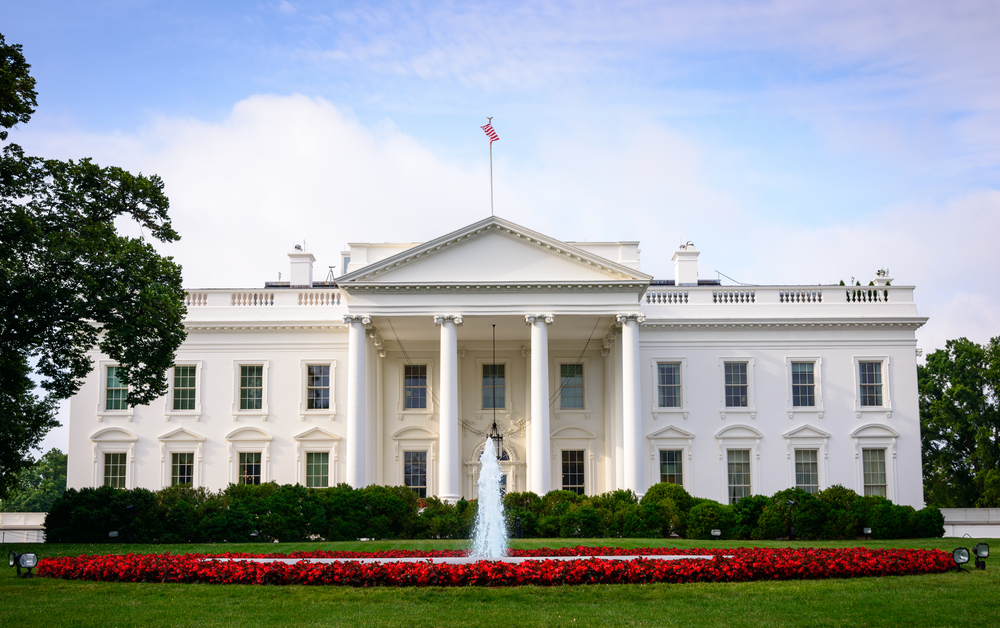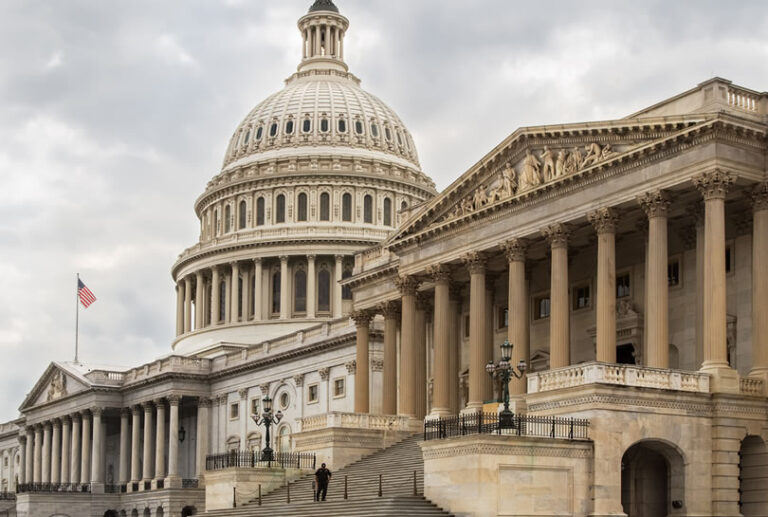Nov. 9, 2020 – Just two days after his election victory became apparent, President-elect Joe Biden signaled his number one priority by naming the co-chairs and membership of his COVID-19 Advisory Board.
“Dealing with the coronavirus pandemic is one of the most important battles our administration will face, and I will be informed by science and by experts,” Biden said in a Nov. 9 press release. “The advisory board will help shape my approach to managing the surge in reported infections; ensuring vaccines are safe, effective and distributed efficiently, equitably, and free; and protecting at-risk populations,” he continued.
Although there are still months remaining before Biden and his team can take official actions to change the COVID-19 trajectory, moving quickly now to put plans in place immediately upon taking office may lead to a “more forceful national response,” according to Coalition for Healthcare Communication Executive Director Jon Bigelow.
“On Jan. 20, President-elect Biden likely will confront another peak in COVID-19 infections, significant backlash against some of the most important public health measures to reduce transmission, and challenges in distribution of any newly-approved vaccine. To emphasize the priority he gives this problem, he is making key healthcare appointments unusually early in the transition process; expect to hear his choices for Health and Human Services Secretary and Food and Drug Administration Commissioner soon,” Bigelow predicted.
The advisory board
The three co-chairs of the advisory board are: former FDA Commissioner Dr. David Kessler, currently a professor of pediatrics and epidemiology at the University of California San Francisco (UCSF); former U.S. Surgeon General Dr. Vivek Murthy; and Yale University Associate Professor of Internal Medicine, Public Health and Management Dr. Marcella Nunez-Smith.
The advisory board members are:
- Luciana Borio, M.D., MBA, vice president, technical staff at In-Q-Tel;
- Rick Bright, Ph.D., an immunologist and former director of the Biomedical Advanced Research and Development Authority (BARDA) and former deputy assistant secretary for Preparedness and Response at the U.S. Department of Health and Human Services;
- Ezekiel Emanuel, M.D., Ph.D., an oncologist and vice provost for Global Initiatives and chair of the Department of Medical Ethics and Policy at the University of Pennsylvania;
- Atul Gawande, Cyndy and John Fish Distinguished Professor of Surgery at Brigham and Women’s Hospital, Samuel O. Their Professor of Surgery at Harvard Medical School, and Professor Health Policy and Management at Harvard T.H. Chan School of Public Health;
- Eric Goosby, M.D., professor of Medicine at the UCSF School of Medicine and an infectious disease expert.
- Celine Gounder, M.D., ScM, FIDSA, clinical assistant professor at the New York University Grossman School of Medicine;
- Julie Morita, M.D., executive vice president of the Robert Wood Johnson Foundation and former medical director, chief medical officer and commissioner of the Chicago Department of Public Health;
- Michael Osterholm, Ph.D., MPH, regents professor, McKnight Presidential Endowed Chair in Public Health and director of the Center for Infectious Disease Research Policy at the University of Minnesota;
- Loyce Pace, MPH, executive director and president of Global Health Council; and
- Robert Rodriguez, professor of Emergency Medicine at the UCSF School of Medicine.
Status of other priorities
Bigelow noted in a memo to industry leaders that a Republican majority in the Senate (or even a 50-50 split) would limit Biden’s ability to control the agenda moving forward. “Any effort to end the filibuster is dead on arrival,” he said. “Biden will need 60 votes for any major legislative initiatives other than those which can be characterized as falling under the budget reconciliation process (which allow a simple majority to win). Also, any ideas about sweeping tax reform, adding justices to the Supreme Court, or a major expansion of the Affordable Care Act [ACA] are on hold for now.”
Biden certainly will press for an economic stimulus package, including more funds for public health measures and vaccine distribution, in the early days of his administration. As for other priorities, the U.S. Supreme Court decision regarding the constitutionality of the ACA – due spring 2021 following Nov. 10 oral arguments – may prompt the Biden administration to propose modest fixes to keep the ACA in force. “Any other strengthening of the ACA likely would be on the margins, through Executive Orders,” Bigelow noted.
Battles over drug pricing reform and a marketing tax also may be on the horizon as Biden takes the helm. “I think some early analyses that drug pricing reform is dead are premature,” Bigelow explained, suggesting that there is considerable overlap between the positions of Democrats and Republicans in Congress, and room for compromise on at least some aspects.
“Given the new fiscal reality – multi-trillion-dollar federal deficits … there will be increased interest in reducing Medicare and Medicaid spending on pharmaceuticals,” he continued. “Even absent a specific legislative package on drug pricing reform, some restrictions could be added to other legislative initiatives as ways to offset other costs.” Further, he explained, the new fiscal reality “also brings back the real possibility of removing the tax deduction for marketing expenses, either specifically for direct-to-consumer advertising – an idea Biden has endorsed – or more broadly for pharma marketing.”
To learn more about what the results of the 2020 election mean for healthcare policy, register here today for the Coalition’s special post-election webinar on Nov. 19 (12-1 p.m. ET), where you will hear insights from Kate Rawson, senior editor of Prevision Policy and an experienced, well-connected inside-the-beltway observer.




